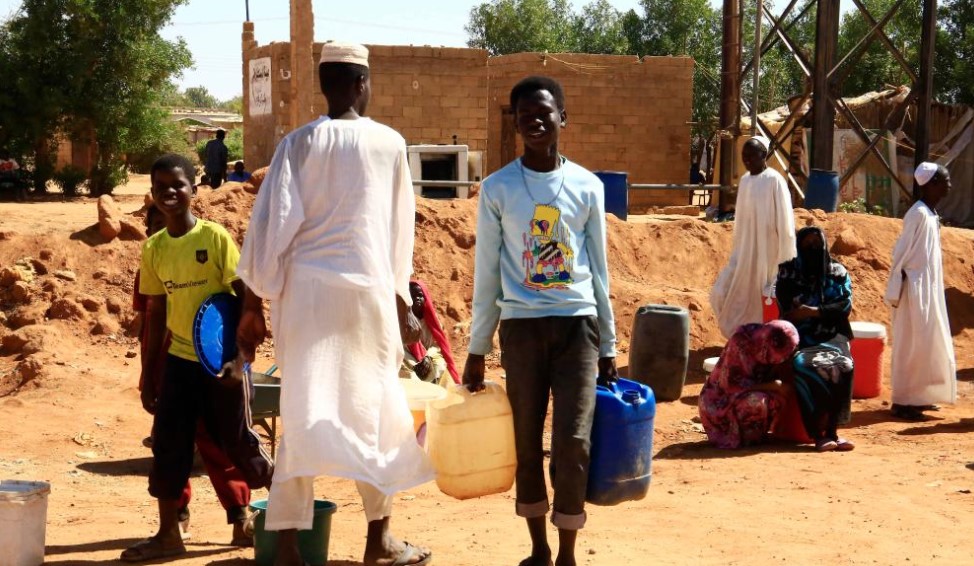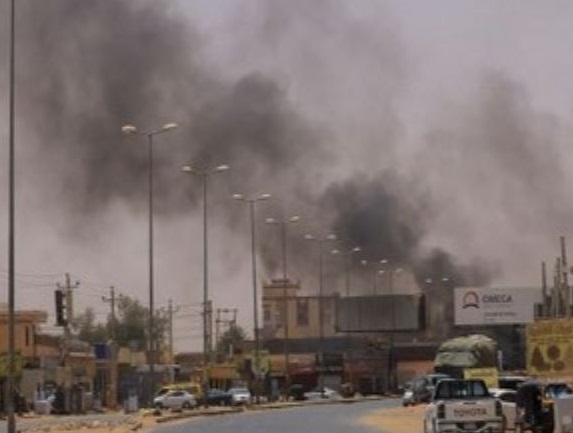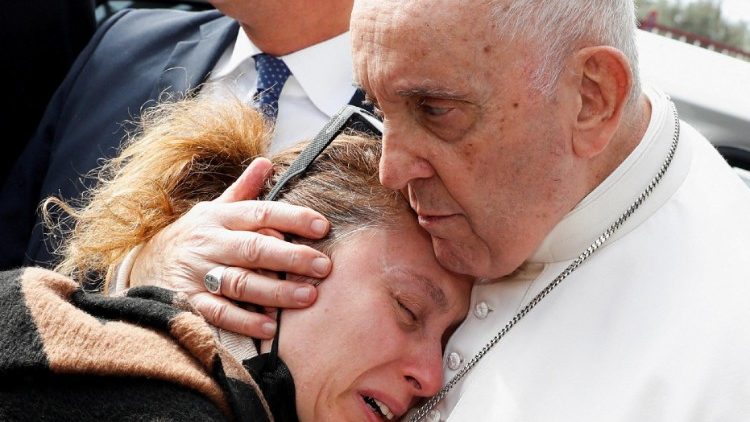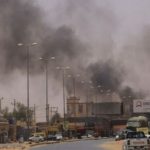The situation was much more dire in areas hit directly by the nearly two-year war, where famine, displacement, severe shortages and looting overshadowed the usual spirit of generosity and community of the holy Muslim month that began on Saturday
In the safety of Sudan’s eastern coast, residents preparing for Ramadan were struggling to afford basic holiday staples as the war raging elsewhere in the country has sent prices soaring.
The situation was much more dire in areas hit directly by the nearly two-year war, where famine, displacement, severe shortages and looting overshadowed the usual spirit of generosity and community of the holy Muslim month that began on Saturday.
At a market in Port Sudan, a relative safe haven in the east, prices are out of reach for many families. Sugar, widely used in drinks and sweets to break the daily dawn-to-dusk fast, goes for 2,400 Sudanese pounds ($1) per kilo.
A kilo of veal costs 24,000 pounds, and mutton 28,000, according to consumers. “We are struggling to afford Ramadan goods,” said resident Mahmoud Abd El Kader, protesting the “extremely expensive” prices.
Another resident, Hassan Osman, said that “prices are too high, goods are too expensive, people cannot afford them.” According to labor unions, the average monthly pay is around $60, but public workers in some Sudanese states have gone without pay during the war.
Those who did have had to grapple with the plummeting value of the local currency, down from about 600 pounds to the US dollar to 2,400 pounds on the parallel market, and inflation that hit 145 percent in January according to official figures. In some parts of Sudan, there were pressing concerns not about the prices of food — but about whether it was available at all.
The fighting since April 2023 between the forces of rival generals, which has killed tens of thousands of people and displaced more than 12 million, has also pushed entire areas of Sudan into hunger and cut off crucial supply routes. In parts of the vast western region of Darfur and Kordofan in the south — both focal points of the war between the army the paramilitary Rapid Support Forces (RSF) — food supply routes have been cut off, and starvation has set in.
Famine has gripped three displacement camps in North Darfur and some parts of the south, and is expected to spread to five more areas by May, according to a UN-backed assessment.
Some residents of Darfur have resorted to eating peanut shells and tree leaves to survive. And with aid agencies struggling to reach these areas, hunger is spreading rapidly. The UN’s World Food Programme said Wednesday it was forced to suspend operations in and around one famine-hit camp in North Darfur because of escalating violence. “It is very difficult here,” said Omar Manago, a humanitarian worker in North Darfur.
“There is a severe shortage of drinking water and food. Many families have not eaten a proper meal in months,” he added. UN human rights chief Volker Turk warned on Thursday that without an immediate surge in aid, hundreds of thousands of people could die.
“Sudan is… on the verge of a further explosion into chaos, and at increasing risk of atrocity crimes and mass deaths from famine,” Turk told the UN Human Rights Council.
Manago said that most markets in North Darfur are now gone. “Everything has been burned down by the” paramilitary fighters, he said. Other conflict-hit areas, where food stocks are running dangerously low, have also seen widespread looting. In the capital Khartoum, where fighting between the army and the RSF has intensified in recent weeks, volunteers were distributing any aid they could find, but the needs far outweigh the meagre supply. Some cherished Ramadan traditions have perished.
“Before the war, volunteers used to line the streets, handing out iftar meals to those who could not make it home in time,” said Sabrine Zerouk, 30, from Omdurman on the outskirts of the capital. “That is no longer happening like before,” she said. In previous years, Sudanese families would prepare elaborate iftar meals the break the daily Ramadan fast, sharing food with neighbors and those in need.
“What I miss the most is breaking fast with family and friends,” said Mohamed Moussa, a 30-year-old doctor at one of the last functioning hospitals in Omdurman. “And the Ramadan decorations, too — these are among the things we’ve lost.”










